
The findings led to the FDA accepting the supplemental Biologics License Application and Priority Review designation for treatment, according to a Gilead press release.

The findings led to the FDA accepting the supplemental Biologics License Application and Priority Review designation for treatment, according to a Gilead press release.

Home infusion within the larger ambulatory infusion setting poses specific advantages and disadvantages in relation to other available location options.

A patient with multiple providers and health problems seeks a pharmacist’s knowledge for managing her prescribed and OTC drug products.

Avapritinib is approved for adult patients with advanced systemic mastocytosis, including individuals with aggressive systemic mastocytosis, systemic mastocytosis with an associated hematological neoplasm, and mast cell leukemia.
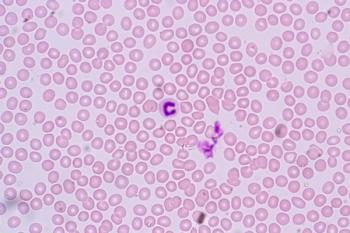
Updated research offers an additional 2 years of follow-up data and statistics on treatment with a combination of ibrutinib and venetoclax in patients with chronic lymphocytic leukemia.

Common factors that contributed to increased dissatisfaction at work included workflow disruptions, role conflict, quantity of work, organizational culture, and leadership support.

The addition of daratumumab to lenalidomide and dexamethasone resulted in a significant benefit to overall survival in patients with newly diagnosed multiple myeloma who were ineligible for autologous stem cell transplant and were treated to progression, according to the results of the phase 3 MAIA study.

In the United States, endometrial cancer is the most common cancer of female reproductive organs.

The study examining venetoclax and obinutuzumab is in progress and currently recruiting patients who are newly diagnosed with asymptomatic, high-risk CLL.
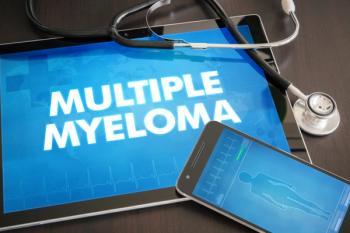
Dealing with a cancer diagnosis is difficult, but patients with MM have reason to be hopeful. Survival rates are on the rise, and a robust pipeline of promising immunotherapies and novel treatment options are in development.
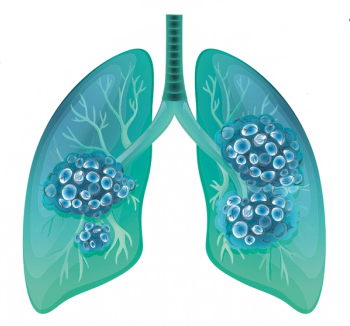
Pharmacists have always been a vital member of the cancer care team, but the emergence of many new oral therapies is making their role in patient care a more prominent one.

The researchers analyzed patients with lung cancer before they underwent surgery and calculated their excess body weight using visceral fat index measured by CT scans.

Study results demonstrated consistent benefit across higher and lower-risk patients.

Because study coordinators were unable to travel, research pharmacist Brian Wortz, PharmD, said researchers were forced to adapt quickly and figure out what they could do remotely.

As the drug experts, Brian Wortz, PharmD, said pharmacists may be able to recognize adverse effects before other health care professionals, ensuring patient safety and optimizing their care.

Oncologist Susan Miesfeldt, MD, of MaineHealth, discussed the importance of genetic testing and counseling for breast and ovarian cancers as well as barriers that must be addressed in order to reach more patients eligible for these services.

Clinical trial participants often have even more questions than patients receiving standard-of-care treatments, so working within the team to answer their questions and provide optimal care is essential for research pharmacists.

After identifying 3 novel checkpoints involved in immunosuppression and autoimmune diseases, investigators developed recombinant proteins that could be used in this patient population.
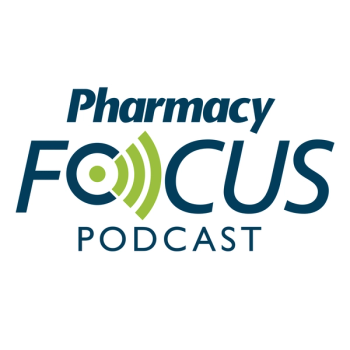
The Pharmacy Times® Pharmacy Focus podcast provides the latest industry news and information, thought-leader insights, clinical updates, patient counseling tools, and innovative solutions for the everyday practice and business of pharmacy.

Concerns surrounding the vaccination of this population stemmed from the effects that cancer and its treatments can have on the immune system, but the investigators said this study should alleviate those fears.
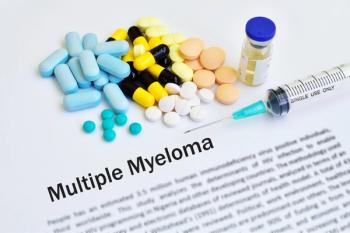
Teclistamab is an off-the-shelf, T-cell redirecting, bispecific antibody targeting both B-cell maturation antigen (BCMA) and CD3 receptors.

Because health care is a constantly evolving field, research pharmacist Brian Wortz, PharmD, of Cancer Treatment Centers of America, said pharmacists must be aware of the newest findings and how they could impact their patients.

Data were presented at the virtual 2021 American Society of Clinical Oncology (ASCO) Annual Conference.

Data from a phase 3 trial comparing acalabrutinib against ibrutinib in adults with previously treated CLL showed acalabrutinib presented with non-inferior PFS and significantly fewer events of atrial fibrillation.

In an interview with Pharmacy Times, Brian Wortz, PharmD, said he enjoys the innovation in his research, especially when their findings have the potential to drastically impact patients’ lives.
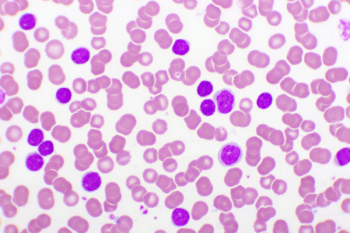
Phase 3 data presented at the 2021 ASCO Annual Meeting have reinforced the long-term survival benefits and well-established safety profile of single-agent ibrutinib for patients with CLL.
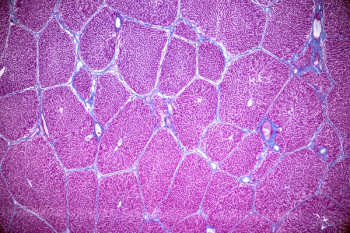
Nivolumab and ipilimumab is the first dual immunotherapy combination to demonstrate a superior survival benefit compared to chemotherapy in this setting.

Patients with prostate cancer have to be approached differently depending on the state of their metastases.

Working in clinical research combines skills from both the retail and health system pharmacy spaces, as well as other, more unique skillsets, according to research pharmacist Brian Wortz, PharmD, of Cancer Treatment Centers of America, in an interview with Pharmacy Times.

Although historic study results with mantel cell lymphoma showed discouraging findings, new CAR T-cell therapies routinely show between 40% and 50% of patients respond long-term without relapsing.